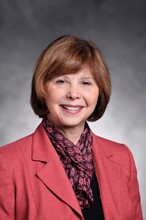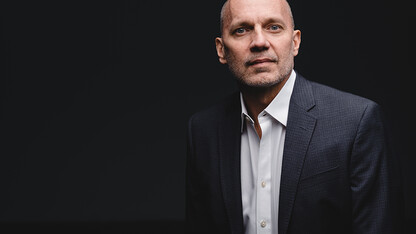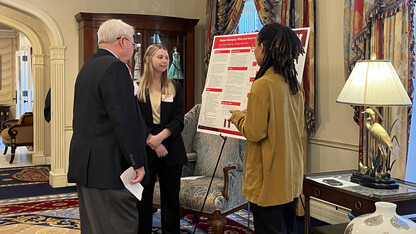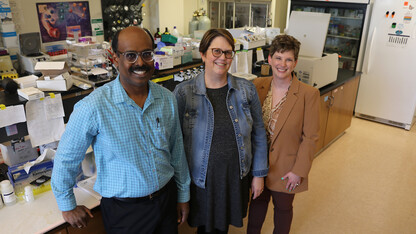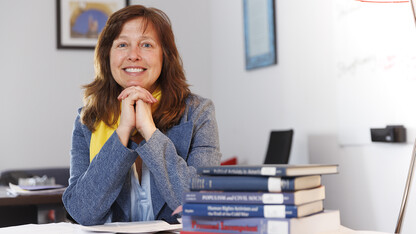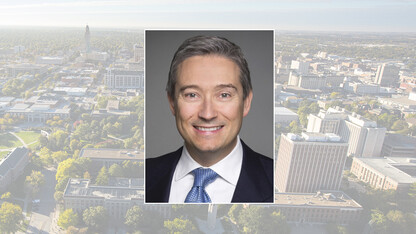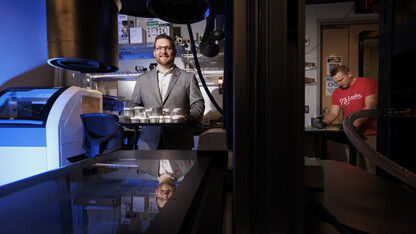· 3 min read
Do the debates really matter? Yes, says Husker alum
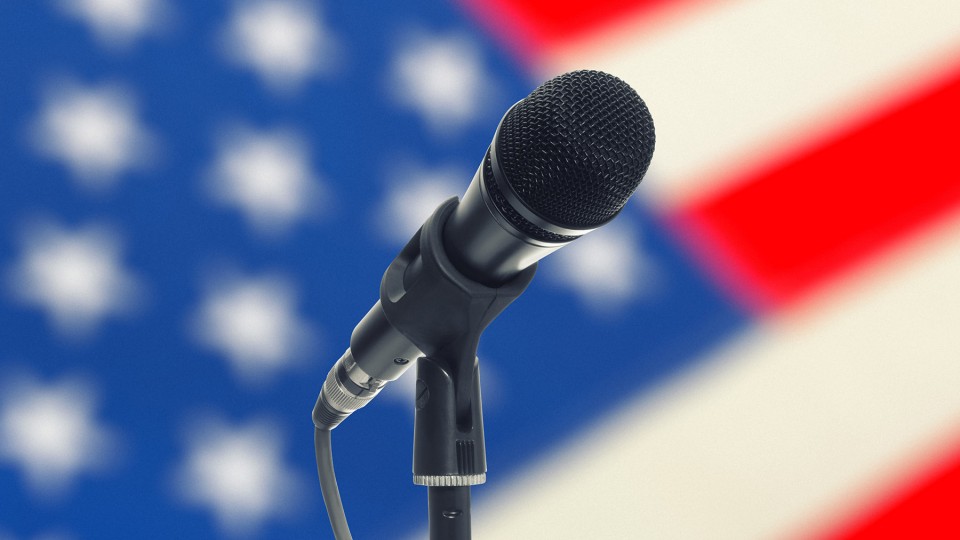
The 2016 presidential election cycle has tipped orthodoxy on its head and the upcoming presidential debates are looming large in shaping the electorate’s final choice.
No one is quite sure how these dialogues will shake out, but a Nebraska alumna says the debates will play a definite role in who will be elected. In a public talk at the university Sept. 19, she will dive into this unusual political season and help explain how voters can use the debates to make up their minds and make their voices heard.
Diana Carlin, who earned her doctorate in communication studies from the University of Nebraska-Lincoln, will give a public presentation titled “The 2016 Presidential Race: Voter Anger, History Making, the Debates and What it All Means – Well, Maybe” at 7 p.m. in the Nebraska Union Ballroom.
Debates are always important in a presidential contest and that this year is no different, she said. Carlin said she hopes her talk will give people ways to use the debates, the first of which is Sept. 26 between Democratic nominee Hillary Clinton and Republican Donald Trump, to help inform and strengthen their choice when they vote Nov. 8.
“One of the things that my research and additional research has found is that the debates don’t often change minds of voters, but there are a lot of people who are leaning – it’s a soft commitment,” Carlin said. “The debates tend to make them feel more comfortable with their candidate choice and, therefore, more likely to vote.”
Carlin, professor emerita and former associate provost for Graduate and Global Education at Saint Louis University, is particularly knowledgeable about the intangibles at play in this election cycle. She has concentrated her research on presidential debates and political communication, but has also completed a breadth of research on women in politics. Her most recent book is “Gender and the American Presidency: Nine Presidential Women and the Barriers They Faced.”
Carlin said Clinton has made history in the United States by being the first woman as a major-party nominee, but our country is far behind many areas of the world.
“We haven’t had a woman at the top of the ticket until now, even though 76 women presidents and prime ministers have been elected since 1960,” Carlin said.
Carlin will address the gender issue during her talk, but she’ll also touch on the voter anger that has become apparent in the 2016 campaign, which many have said powered Trump’s path to the GOP nomination.
“We have many angry, aggrieved people this year and it surprised the pundits when they rejected the more traditional, mainstream candidates,” Carlin said. “Part of it is that Washington is broken. I don’t think anybody can deny that. People have felt that nothing seems to be happening for a large segment of the population. There’s also been a lot of very rapid cultural change, and people fear change.”
Prior to the public presentation, Carlin will give guest lectures on argumentation in introductory communication studies classes and will meet with the department’s graduate students to discuss careers and publishing research.
“Any time I go to a campus to give a lecture, I always want to meet with the classes,” Carlin said. “It’s an opportunity for them to hear from someone who may be doing different kinds of research, so it can add a little bit or give another dimension to the topics they’re covering.”
Carlin is also looking forward to returning to Nebraska to visit old friends and the place that launched her research.
“I was back 16 years ago, so I’m looking forward to it,” she said. “I’m best known for my research in political debate and that started when I was a graduate student.”
